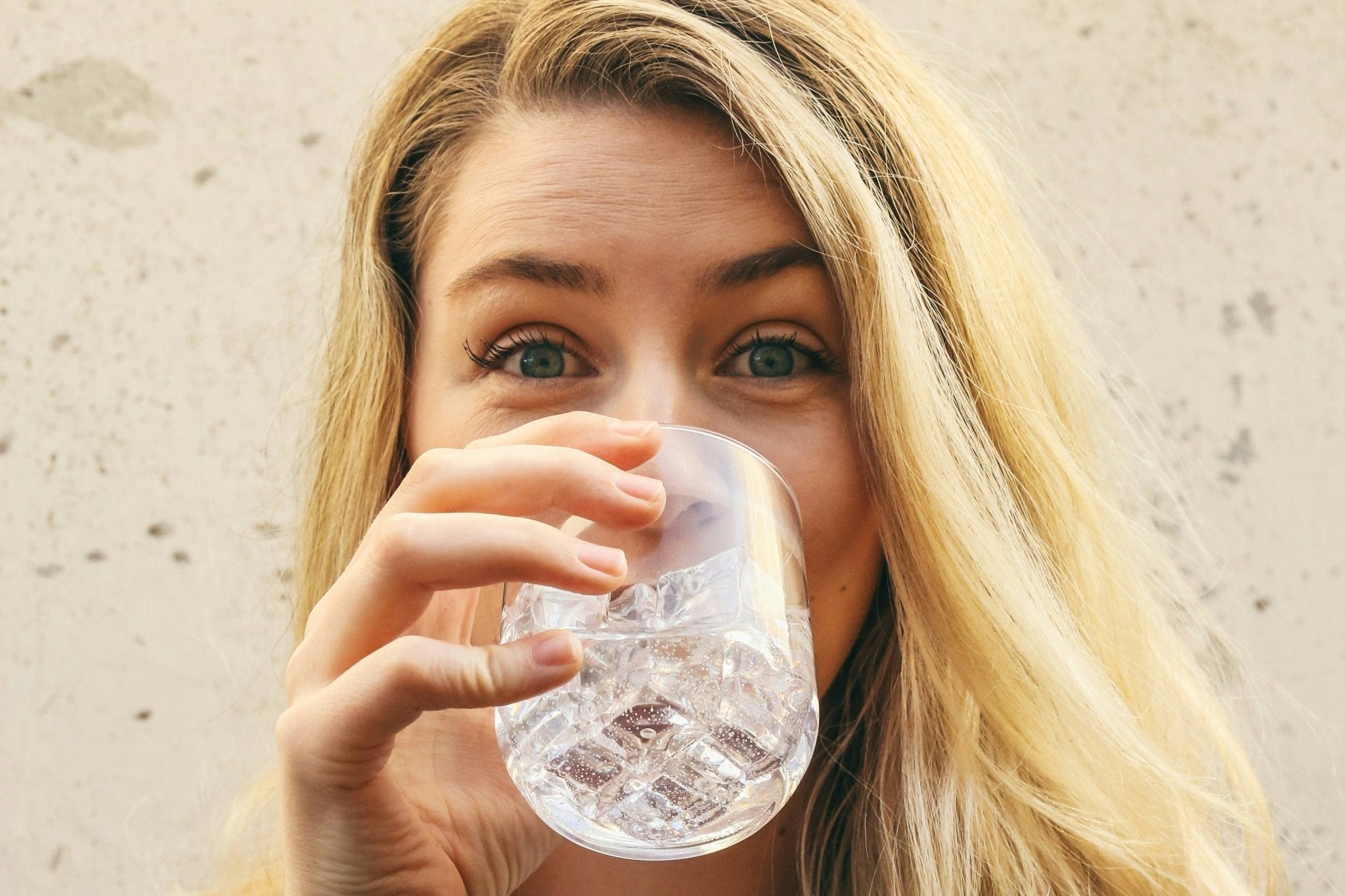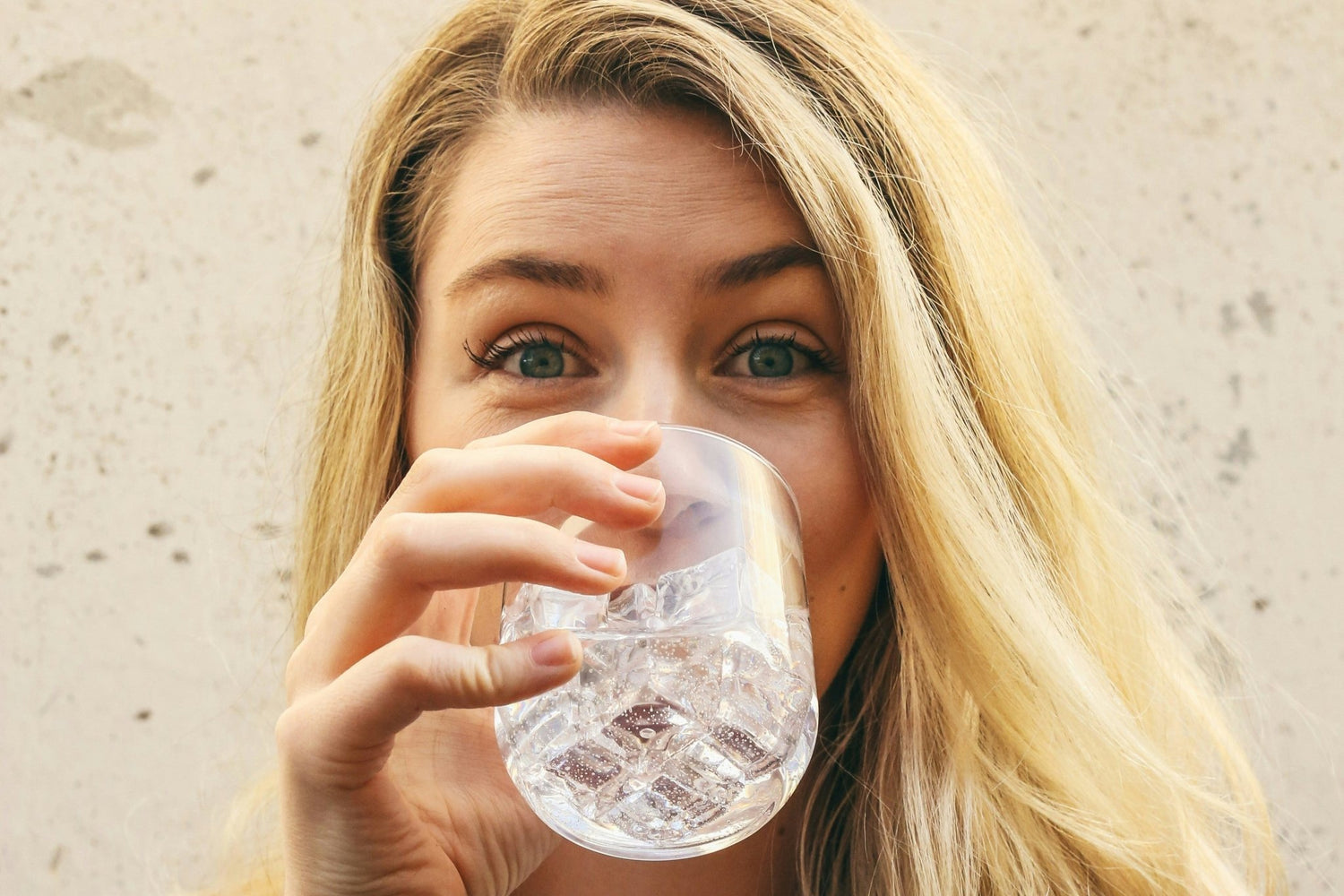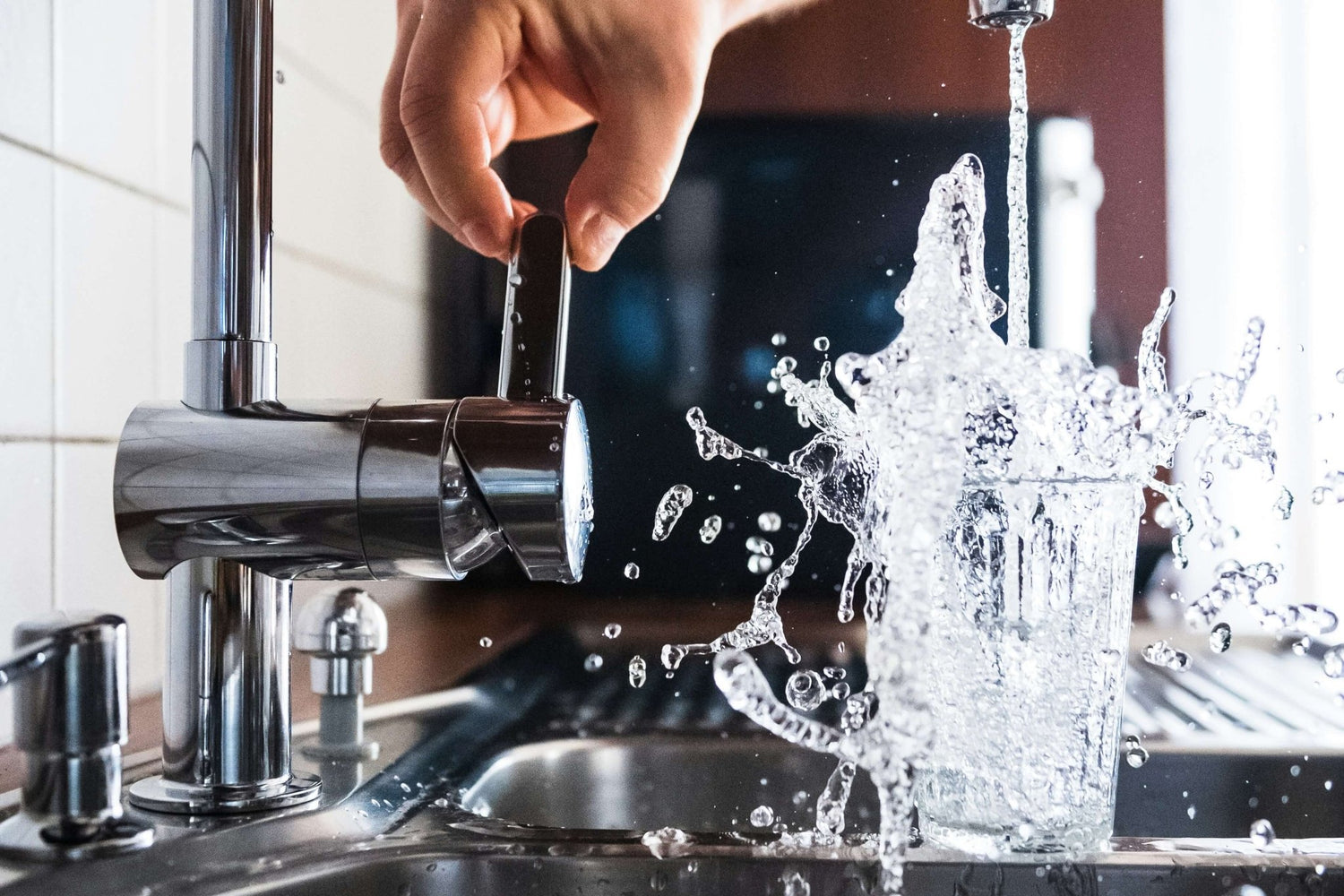Introduction
Hydration is one of those basic health tips you hear about constantly. Staying hydrated is crucial for maintaining good health, but how many bottles of water should you actually be drinking each day? Let’s do a deep dive (pun intended) into the details and clear up the confusion.
The Basic Guidelines
When it comes to water intake, there's no one-size-fits-all answer. The commonly cited recommendation is to drink eight 250ml glasses of water a day, also known as the "8x8 rule" (derived from our friends across the pond - 250ml equate to about 8 fluid ounces). This equates to about 2 litres, or half a gallon of water per day. However, individual needs can vary significantly.
Factors Influencing Water Needs
On average, men generally need more water than women. The Institute of Medicine suggests that men should aim for about 3.7 litres (about 13 cups) of fluids per day, while women should target 2.7 litres (about 10 cups). Children and older adults have different needs based on their body size and activity levels.
If you’re physically active, you’ll need more water to compensate for the fluids lost through sweating. Athletes or people with intense workout routines should increase their intake to stay hydrated.
Living in a hot or humid climate can increase your water needs as your body loses more water through sweat. Likewise, higher altitudes can also demand greater hydration due to faster respiration rates - good to know for your next trip up Mount Everest!
Water Bottles as a Measurement Tool
Using water bottles to measure your intake can simplify the process. A standard reusable water bottle is about 500ml. So, if you're aiming for the 2-litre goal, you should drink about four bottles a day.
Signs of Dehydration
It's crucial to recognise when your body needs more water. Common signs of dehydration include the following:
- Dry mouth
- Fatigue
- Dark yellow urine
- Dizziness
In extreme circumstances, severe dehydration can lead to more serious symptoms such confusion, a fast heartbeat and fainting. Always listen to your body and hydrate appropriately.
Health Benefits of Drinking Water
Physical Performance
Staying hydrated can significantly improve your physical performance. Whether you're a professional athlete or just someone who enjoys regular workouts, proper hydration helps maintain strength, power and endurance.
Cognitive Function
Your level of hydration has a significant impact on your brain. Even mild dehydration can impair mood, memory and brain performance. Keeping your brain well-hydrated helps you stay sharp and focused.
Skin Health
Adequate water intake can help keep your skin looking healthy and glowing. While it’s not a cure-all for skin issues, staying hydrated ensures your skin maintains its elasticity and overall health.
Water and Weight Management
Drinking water helps boost your metabolism through increasing the number of calories you burn and help with weight loss. This effect is commonly known (or probably not commonly known as the case maybe) as resting energy expenditure.
Drinking water before meals can help you feel fuller, reducing the amount of food you need and therefore lowering your overall calorie intake. This can be a simple yet effective strategy for weight management.
Special Considerations
Pregnant and Breastfeeding Women
Pregnant and breastfeeding women need extra fluid to maintain optimum hydration levels. They should aim for about 3 litres (12-13 cups) of fluid daily to support the change in bodily functions.
Athletes and Highly Active Individuals
Athletes or those with high physical activity levels should monitor their hydration more closely. It's often recommended to drink 500 ml of water 2 hours before exercise and continue hydrating throughout the activity.
Potential Risks of Overhydration
What is Water Intoxication?
While it’s rare, it’s possible to drink too much water. Overhydration can lead to a condition called hyponatremia, where the sodium levels in your blood become dangerously low.
Symptoms and Prevention
Symptoms of water intoxication include nausea, headaches, confusion, and even seizures. To prevent this, avoid consuming excessive amounts of water in a short period and ensure your electrolyte balance is maintained, especially during intense exercise.
Myths and Facts About Water Consumption
One common myth is that everyone needs eight glasses of water a day. In reality, water needs vary greatly from person-to-person based on various factors.
Scientific evidence supports that while the "8x8 rule" is a good general guideline, individual hydration needs should be tailored to each person’s lifestyle, health status and environment.
Alternative Sources of Hydration
Fruits and vegetables like cucumbers, watermelons, and oranges are excellent sources of water. Incorporating these foods into your diet can help you stay hydrated.
Other drinks, like herbal teas, milk, and even coffee, can contribute to your daily fluid intake. However, be mindful of the diuretic effect of caffeinated drinks.
Practical Tips to Increase Water Intake
Setting reminders on your phone or using hydration apps can help you remember to drink water throughout the day.
Smart water bottles and hydration-tracking apps can be useful tools to monitor and increase your water intake.
Impact of Water Quality
Ensuring your drinking water is clean is crucial for your health. Contaminated water can lead to various health issues.
Using water filters or purifying systems can help remove contaminants and provide safer drinking water.
Environmental Considerations
To reduce plastic waste, consider using reusable water bottles like the ones we have here at MILJÖ. This small change can significantly have a positive impact the environment.
There are many sustainable water bottle options available, from stainless steel to BPA-free plastics. Choose one that suits your lifestyle and helps you reduce waste.
Conclusion
Hydration is vital for your overall health and well-being. While general guidelines can be helpful, it's important to tailor your water intake to your specific needs. By staying aware of your body's signals and incorporating practical tips, you can ensure you’re drinking enough water each day. Remember, hydration isn’t just about quantity; but also about quality and sustainability.





